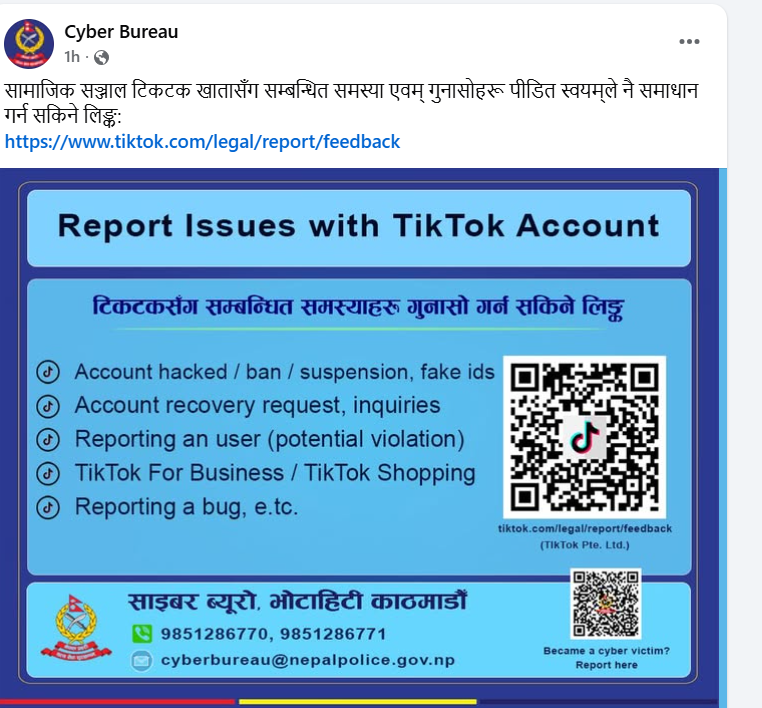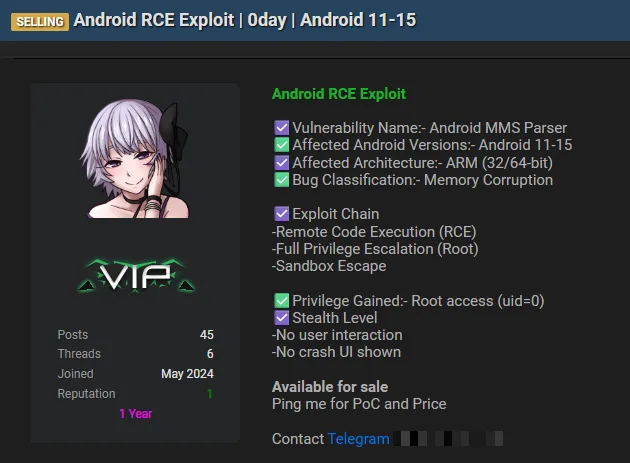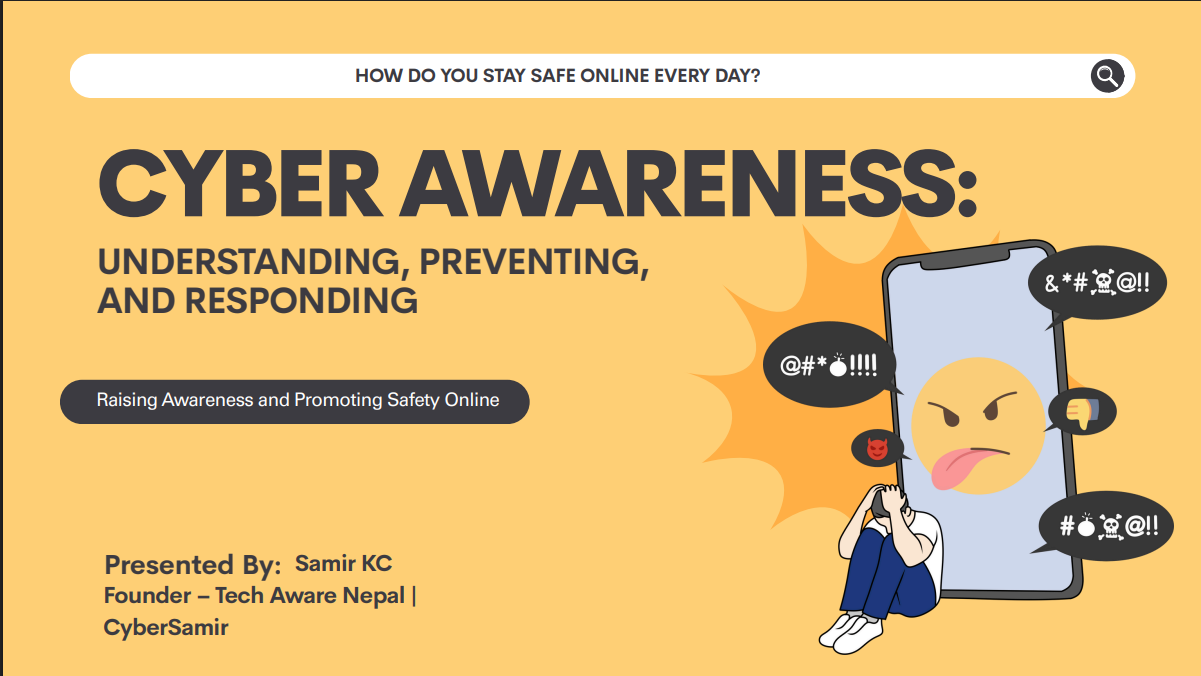
Photo by Anton on <a href="https://www.pexels.com/photo/whatsapp-application-screenshot-46924/" rel="nofollow">Pexels.com</a>
Introduction
WhatsApp, a widely used messaging platform owned by Meta, has released an emergency update to patch a critical zero-click security vulnerability affecting its iOS and macOS applications. This flaw, identified as CVE-2025-55177, has reportedly been exploited in targeted attacks, potentially in combination with another vulnerability in Apple’s ecosystem, CVE-2025-43300. Early indications suggest that the attack may also impact Android users, raising concerns for Nepal’s tech-aware community, where WhatsApp is a dominant communication tool. This article provides a detailed overview of the vulnerability, its implications, and protective measures for users in Nepal and beyond.
Details of the Vulnerability
The vulnerability, CVE-2025-55177 (CVSS score: 8.0), stems from insufficient authorization in WhatsApp’s linked device synchronization messages. This flaw could allow an unauthorized user to trigger the processing of content from an arbitrary URL on a target’s device, enabling a zero-click remote code execution (RCE) attack. Zero-click attacks are particularly dangerous as they require no user interaction such as clicking a link or opening a file to compromise a device. The issue was discovered and reported by WhatsApp’s internal Security Team.
The vulnerability affects the following versions of WhatsApp:
- WhatsApp for iOS prior to version 2.25.21.73
- WhatsApp Business for iOS prior to version 2.25.21.78
- WhatsApp for Mac prior to version 2.25.21.78
Additionally, WhatsApp has assessed that this flaw may have been exploited in conjunction with CVE-2025-43300, an out-of-bounds write vulnerability in Apple’s ImageIO framework (CVSS score: 8.8). This Apple vulnerability, which affects iOS, iPadOS, and macOS, could lead to memory corruption when processing a malicious image, facilitating sophisticated attacks against specific targets. Apple disclosed last week that CVE-2025-43300 had been weaponized in highly targeted attacks.
Donncha Ó Cearbhaill, head of the Security Lab at Amnesty International, noted that WhatsApp notified an unspecified number of users who were targeted by an advanced spyware campaign leveraging CVE-2025-55177 over the past 90 days. Early reports suggest that the attack may also affect Android devices, impacting a broader user base, including civil society members such as journalists and human rights defenders.
Implications for Nepal’s Tech Community
In Nepal, where WhatsApp is a primary communication tool for millions, this vulnerability poses a significant risk, particularly for tech-aware individuals, businesses, and activists who rely on the platform for secure communication. The zero-click nature of the exploit makes it a potent tool for cybercriminals or state-sponsored actors targeting sensitive groups, such as journalists, human rights defenders, or political figures. Nepal’s growing digital economy and increasing smartphone penetration amplify the potential impact, as compromised devices could lead to data theft, espionage, or the deployment of malware like spyware.
The lack of clarity regarding the spyware vendor or the actors behind the attacks adds to the urgency for Nepali users to take immediate action. The potential for Android devices to be affected, as indicated by Ó Cearbhaill, is particularly concerning given Android’s dominance in Nepal’s mobile market.
Response and Mitigation
WhatsApp has addressed the vulnerability by releasing updates for the affected platforms. Users are strongly encouraged to update to the following versions:
- WhatsApp for iOS: version 2.25.21.73 or later
- WhatsApp Business for iOS: version 2.25.21.78 or later
- WhatsApp for Mac: version 2.25.21.78 or later
Additionally, WhatsApp has recommended that affected users perform a full device factory reset to eliminate potential malware and ensure their operating system and WhatsApp application remain up-to-date. Apple has also released patches for CVE-2025-43300 in iOS 18.6.2, iPadOS 18.6.2, and other supported versions, addressing the vulnerability with improved bounds checking.
For Nepali users, the following steps are recommended to mitigate risks:
- Update Immediately: Ensure WhatsApp and device operating systems are updated to the latest versions available.
- Enable Automatic Updates: Configure devices to automatically install security updates to minimize exposure to future vulnerabilities.
- Exercise Caution with Media: Avoid opening suspicious images or files, even though this exploit does not require user interaction.
- Monitor Device Behavior: Watch for unusual activity, such as unexpected battery drain or performance issues, which could indicate a compromise.
- Use Security Software: Install reputable antivirus or anti-malware apps to detect and block potential threats.
- Backup and Reset: If there is suspicion of compromise, back up essential data and perform a factory reset as recommended by WhatsApp.
Broader Context
This incident follows a pattern of zero-click exploits targeting messaging platforms, as evidenced by previous WhatsApp vulnerabilities, such as CVE-2019-3568 and a 2024 exploit used to deploy Paragon’s Graphite spyware. The increasing sophistication of spyware campaigns, often linked to commercial vendors like NSO Group or Paragon Solutions, underscores the persistent threat to digital privacy, particularly for high-risk individuals like journalists and activists. In Nepal, where digital literacy is growing but cybersecurity awareness remains limited, such vulnerabilities highlight the need for greater education and proactive security measures.
The combination of WhatsApp’s CVE-2025-55177 and Apple’s CVE-2025-43300 demonstrates how attackers can chain vulnerabilities across platforms to achieve their objectives. The lack of public information about the perpetrators or the spyware vendor behind these attacks emphasizes the importance of timely updates and vigilance.
The zero-click exploit targeting WhatsApp and Apple devices represents a critical threat to users worldwide, including Nepal’s tech-aware community. By exploiting vulnerabilities in WhatsApp’s synchronization messages and Apple’s ImageIO framework, attackers have demonstrated the ability to compromise devices without user interaction, posing significant risks to privacy and security. Nepali users, particularly those in sensitive roles, should prioritize updating their apps and devices, adopting robust security practices, and staying informed about emerging threats. WhatsApp’s swift response and Apple’s patch release are critical steps, but user vigilance remains essential in combating such sophisticated attacks.






